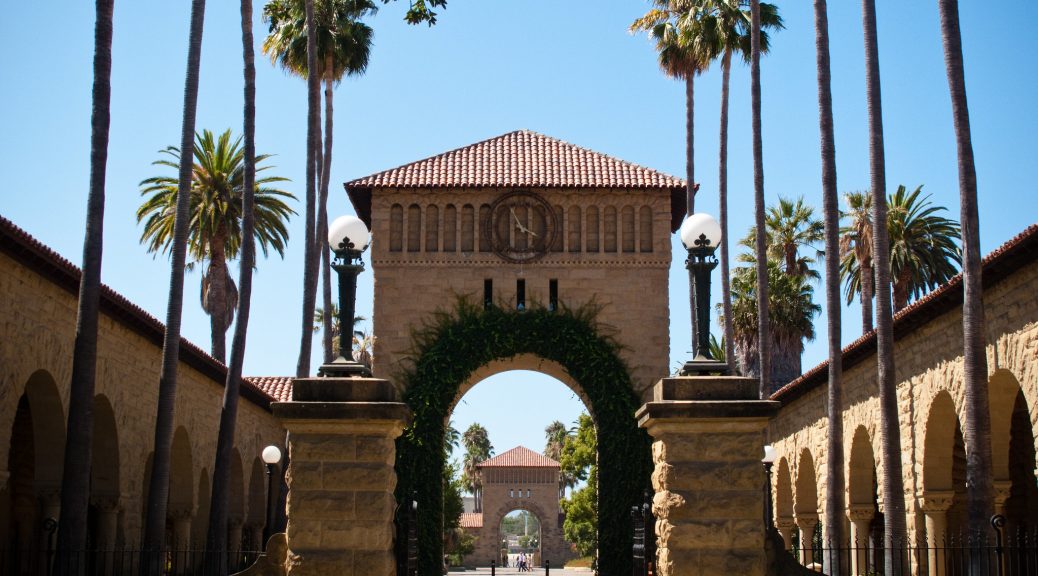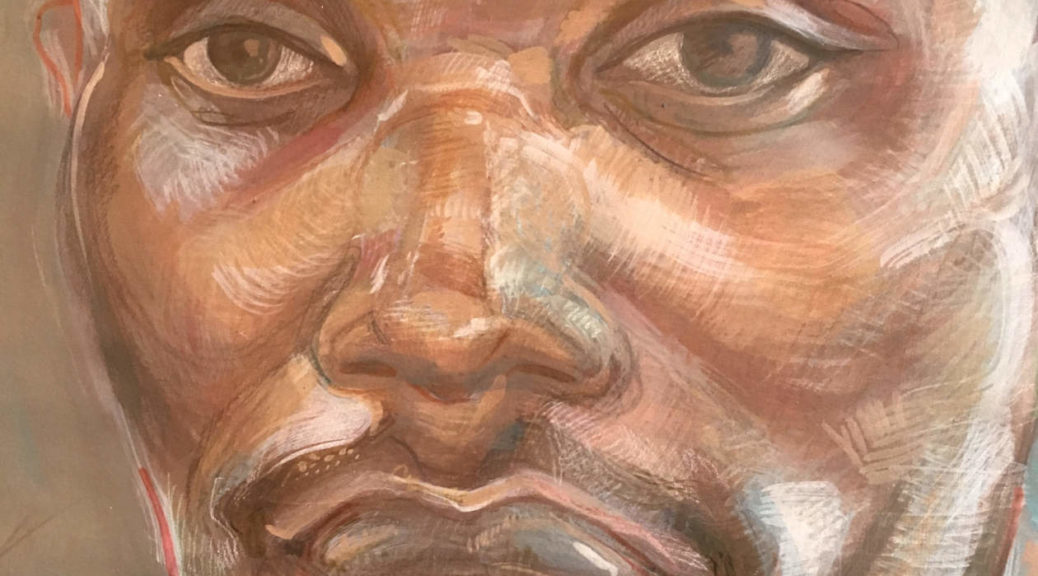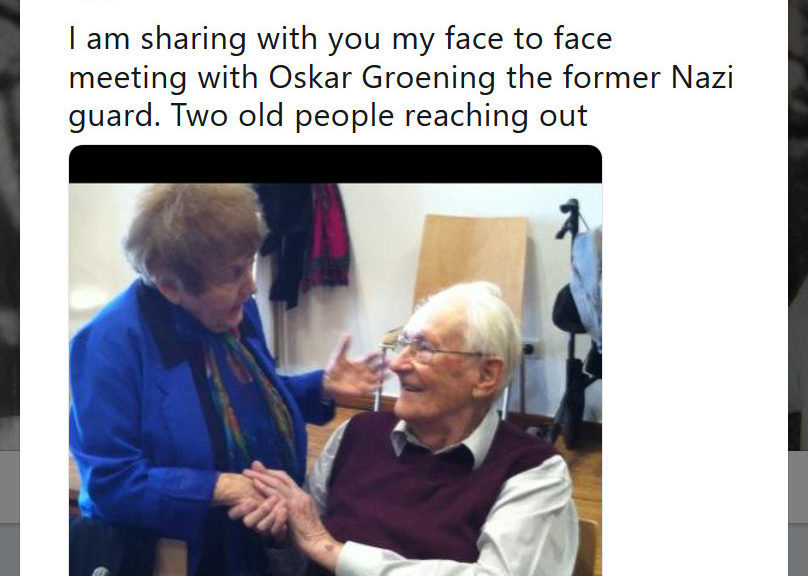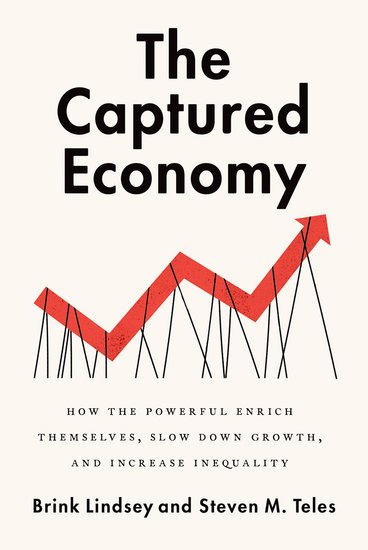Why can’t millennials afford their own homes? Reading much of the popular press, one is led to believe it’s their unrealistic expectations, indulgent spending, and general allergy to adulthood that have trapped them in a renter’s purgatory. Nebraska senator Ben Sasse wrote a whole book, The Vanishing American Adult, in which he argued that young people today are stuck in a Peter Pan–like state of carefree childhood, spending their time playing video games, buying stuff, and snapping selfies—even posting ironic memes about “adulting”—rather than seeking meaning in career, family, and a stable home.
It is true that millennials have been slower to reach various milestones on the way to an all-American adulthood—including buying a home—than prior generations at the same point in their lives. For example, Americans ages eighteen to thirty-four are now more likely to be living with their parents than in any other housing arrangement, according to 2014 data from the Pew Research Center (which defines millennials as those born between 1981 and 1996). That has never been the case before, according to census data going back to 1880.
A more rigorous explanation for their failure to launch is that the Great Recession stunted millennials’ economic lives at a critical age. As a result, they’re still struggling to obtain gainful employment in a more demanding labor market, or find affordable housing in a contracted mortgage market. In other words, it’s not their lousy values—it’s their lousy economic prospects.
But this line of argument, too, misses something crucial. Its focus on middle-class, if downwardly mobile, millennials obscures just how diverse a generation millennials are. Not all of them are into Snapchat and kombucha juice, that’s for sure, but what’s less appreciated is that not even a majority of them are college-educated. Barely four out of ten Americans between ages twenty-five and thirty-four—members of what will be the most academically credentialed generation ever—have a bachelor’s degree. Thanks in part to the country’s widening income gap, the picture of “how millennials are doing” is dramatically different depending on which segment of the population you happen to be looking at. And to an overlooked degree, what determines whether, when, and how members of this generation attain the traditional markers of adulthood—a house and career, marriage and kids—is one factor: class.
Continue reading Adulting While Poor →
Victor Tan Chen Victor Tan Chen is In The Fray's editor in chief and the author of Cut Loose: Jobless and Hopeless in an Unfair Economy. Site: victortanchen.com | Facebook | Twitter: @victortanchen
Dear Reader,
In The Fray is a nonprofit staffed by volunteers. If you liked this piece, could you
please donate $10? If you want to help, you can also:









 The Captured Economy: How the Powerful Enrich Themselves, Slow Down Growth, and Increase Inequality
The Captured Economy: How the Powerful Enrich Themselves, Slow Down Growth, and Increase Inequality




